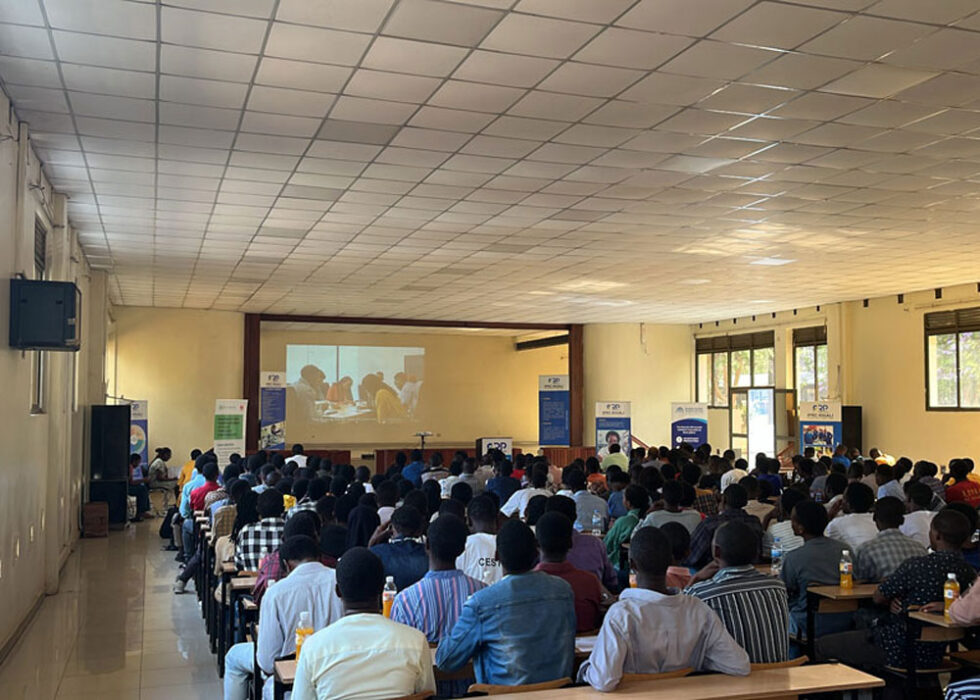In a country where nearly 70% of the population is under the age of 30, youth employment is both Rwanda’s greatest challenge and its most promising opportunity.
Rising to this occasion is Harambee Youth Employment Accelerator, a network-driven initiative that is redefining access to dignified work for young Rwandans.
Since its launch in Rwanda in 2018, Harambee has built a reputation as more than just a job-matching platform. It is a catalyst for inclusive economic transformation. By connecting young job seekers with meaningful work, skills training, and entrepreneurial opportunities, it’s safe to say that Harambee is single-handedly bridging the gap between ambition and employment.

In collaboration with the Rwandan government and leading private sector partners, Harambee has created scalable solutions that address the needs of both employers and young job seekers. Its innovative, demand-driven model uses data and behavioural insights to connect unemployed youth to opportunities they might otherwise miss, especially those excluded from the formal economy due to limited work experience or lack of professional networks.
Sabrina Isaro, a 21-year-old resident of Kigali, shared how Harambee’s Youth Employment Accelerator, a flagship program offering market-relevant skills training in sectors like retail, hospitality, digital services, and logistics, helped her transform her life.
“I had graduated with a diploma but couldn’t find a job for over a year. Then I found Harambee. They trained me, helped me understand what employers want, and today I’m working in a travel company I never thought I’d have access to,” recalls Sabrina.
As Rwanda pursues its Vision 2050 goals, Harambee’s presence is proving vital. Not only is it placing youth into jobs, but it’s also working to shift the employment ecosystem, advocating for intrusive hiring practices, supporting entrepreneurs, and helping employers recognize the untapped potential and talents in young people.
With these opportunities, Harambee is doing more than simply connecting individuals to jobs; it is laying the foundation for a more inclusive, youth-driven economy in Rwanda.
